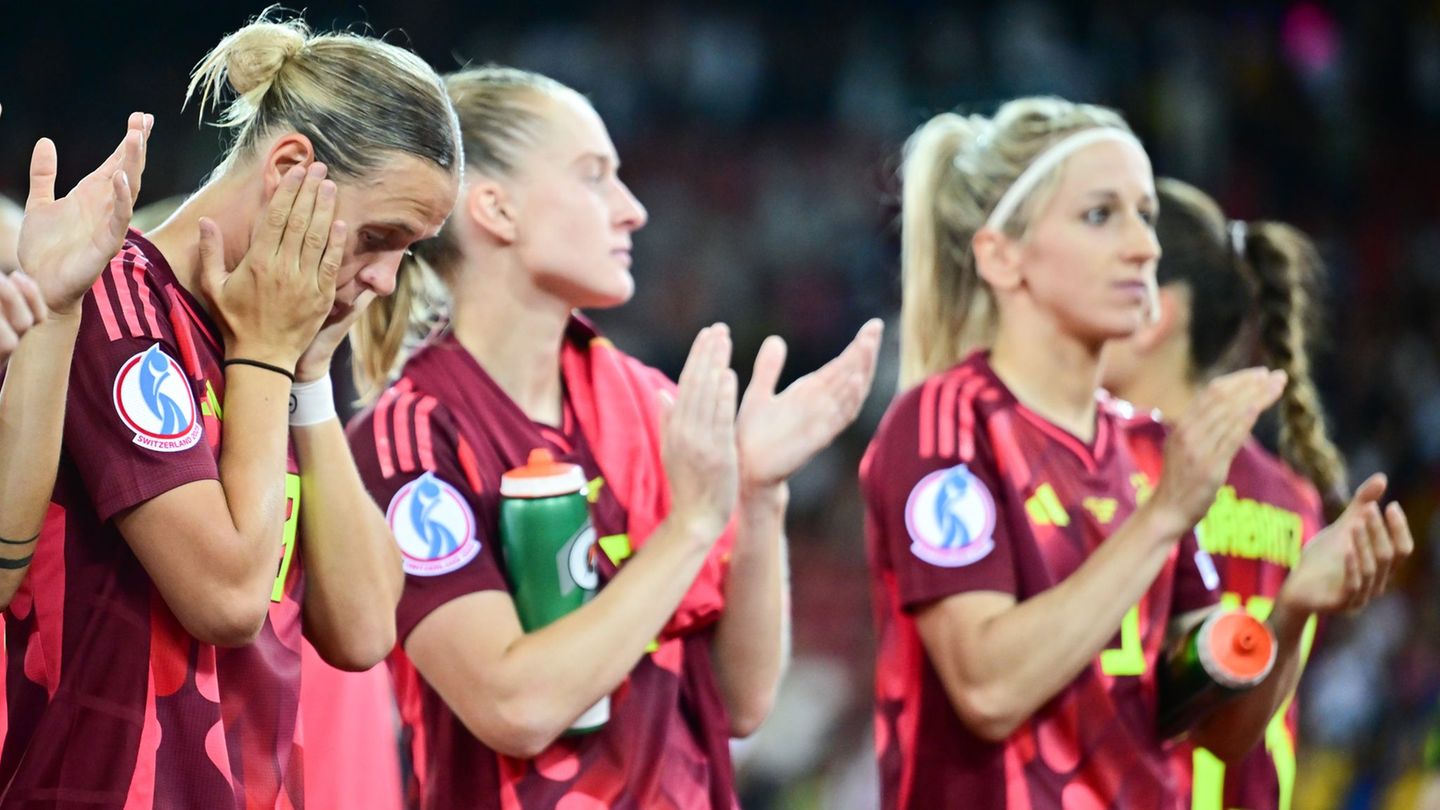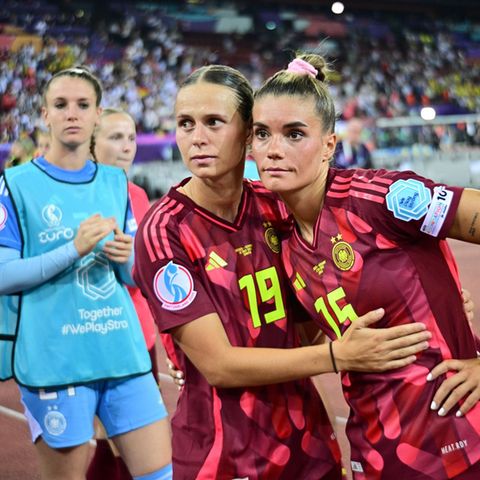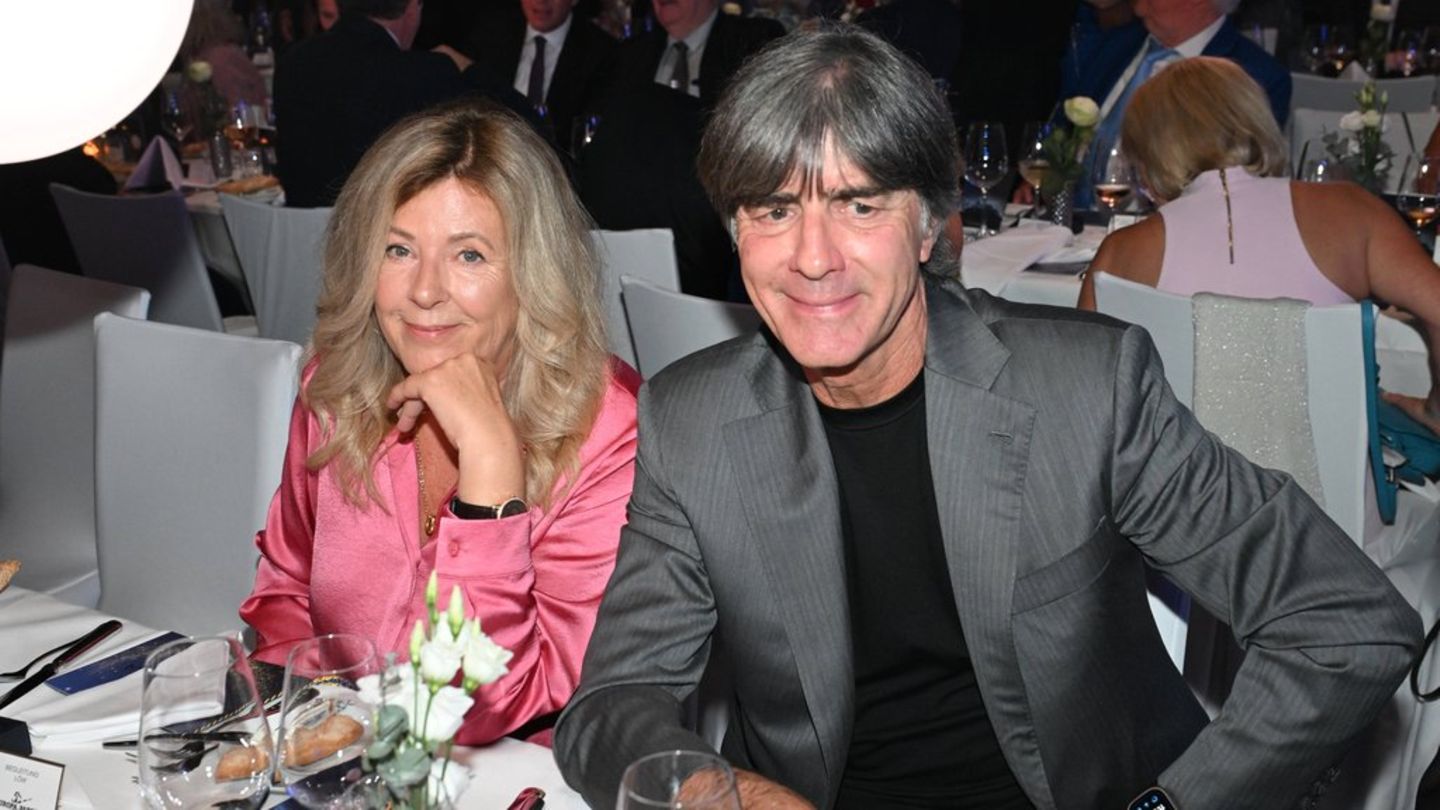Immediately after arriving in West Africa, the Foreign Minister will attend a feel-good event. The topic will be green transformation. But she will also talk about major problems: stability and migration.
Foreign Minister Annalena Baerbock (Greens) is starting her two-day visit to West Africa with a visit to an electric rapid bus project in the Senegalese capital Dakar. The Bus Rapid Transit (BRT) system went into operation in May and was financed by the European Investment Bank and the World Bank. Together with the TER suburban train, which opened in 2021, it is intended to help reduce the city’s environmental problems.
Germany is focusing on “offers that benefit people on both sides today and jointly tackle the challenges of the future,” said Baerbock. Africa’s first electric express bus system is a concrete example of this: With German know-how and the EU’s “Global Gateway” initiative, we are helping Senegal to advance its green transformation and benefit people in their everyday lives.
The “Global Gateway” initiative plans to invest up to 300 billion euros in the infrastructure of emerging and developing countries over the next few years – also to ensure greater global influence for the EU.
Traffic congestion and poor air quality
The population of the greater Dakar area has increased tenfold since 1970, and around 4 million people officially live in the region. Although the metropolis is located on a peninsula by the sea, it is one of the cities with the worst air quality in all of Africa.
Increased efforts to ensure sustainable electricity supply
Senegal, which began oil production a month ago and plans to export natural gas from the end of 2024, is also making greater efforts to ensure a sustainable electricity supply. According to the International Energy Agency, the country has met its 2025 targets for wind and solar power and now gets a fifth of its electricity from them. Renewable energy capacity is to increase to 40 percent by 2030. In return, 2.5 billion euros in public and private funds are to be mobilized as part of the Just Energy Transition Partnership (JETP) with Germany, France and the EU.
Source: Stern
I have been working in the news industry for over 6 years, first as a reporter and now as an editor. I have covered politics extensively, and my work has appeared in major newspapers and online news outlets around the world. In addition to my writing, I also contribute regularly to 24 Hours World.




